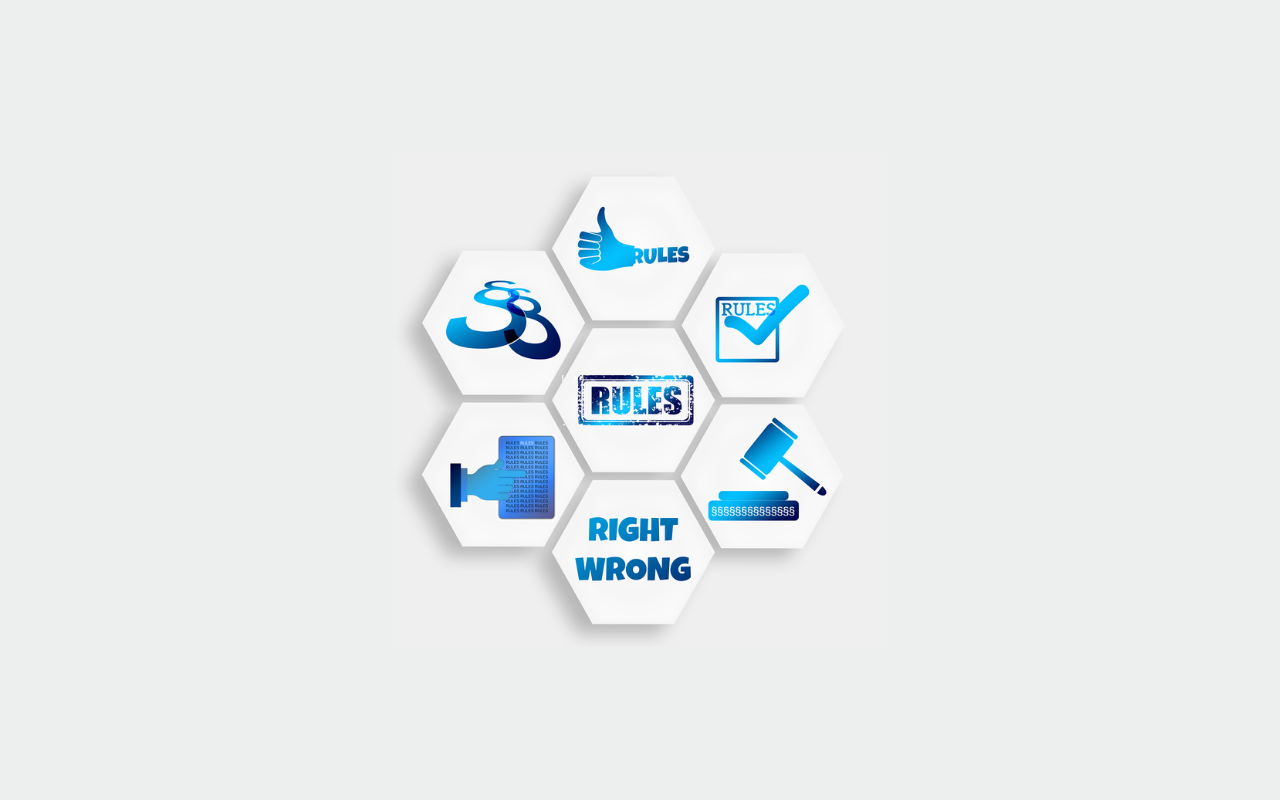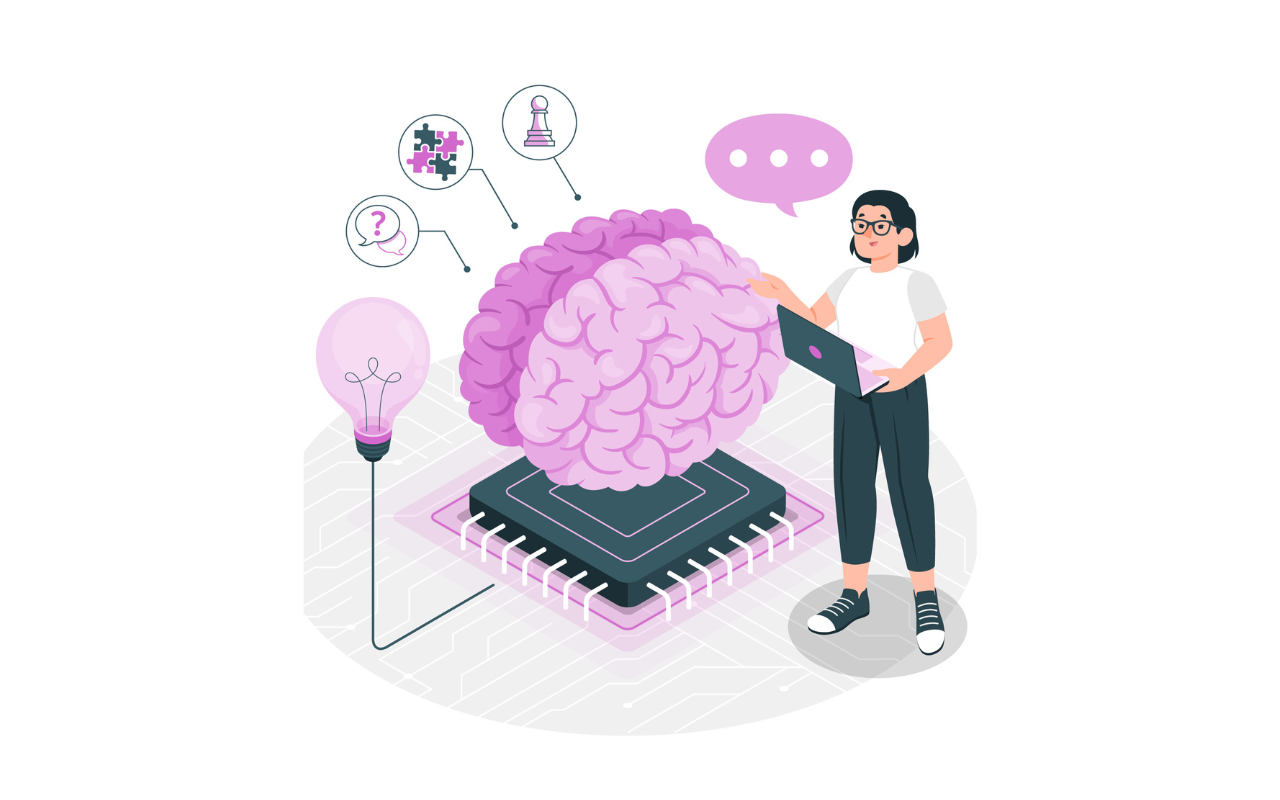In today’s fast-paced world, technology is ubiquitous, influencing nearly every aspect of our lives. While many people associate technology with distractions or stress, it can also serve as a powerful tool for intellectual wellness. Intellectual wellness is about engaging in activities that stimulate critical thinking, creativity, and the pursuit of knowledge. In this article, we will explore how technology can enhance intellectual wellness, providing you with actionable tips and insights on leveraging digital tools for your personal and professional growth.
Understanding Intellectual Wellness
Intellectual wellness refers to the ability to engage in creative and stimulating activities that enhance mental capabilities. This aspect of wellness includes lifelong learning, critical thinking, and adaptability. Fostering intellectual wellness not only enriches your life but also empowers you to solve problems and make informed decisions. In an era dominated by information and technology, leveraging digital tools can play a vital role in nurturing this wellness.
How Technology Enhances Intellectual Wellness
1. Access to Information and Resources
One of the most significant benefits of technology is its ability to provide instant access to a wealth of information. With just a few clicks, you can explore a myriad of topics, from academic research to current events. Online platforms like Google Scholar, JSTOR, and educational websites offer vast resources for learning and discovery. This ease of access encourages curiosity and promotes lifelong learning.
2. Online Courses and Educational Platforms
Technology has revolutionized education through online courses and platforms. Websites like Coursera, Udemy, and Khan Academy provide opportunities to learn new skills, explore subjects of interest, and even earn certifications—all from the comfort of your home. These platforms often feature courses taught by industry experts, allowing you to gain knowledge and skills that can advance your career and personal development.
3. Podcasts and Audiobooks
Podcasts and audiobooks have gained immense popularity in recent years, providing an engaging way to consume information. With a vast range of topics available—from science and history to self-improvement—listening to podcasts or audiobooks can enhance your knowledge while multitasking. This flexibility allows you to learn during commutes, workouts, or even while cooking, integrating intellectual growth into your daily routine.
4. Interactive Learning Tools
Many digital tools and applications are designed to promote interactive learning. Apps like Quizlet, Duolingo, and Memrise gamify the learning experience, making it fun and engaging. By using these tools, you can enhance your cognitive abilities and retain information more effectively. The interactive nature of these platforms keeps you motivated and encourages a deeper understanding of the material.
5. Collaboration and Networking
Technology facilitates collaboration and networking, allowing you to connect with like-minded individuals and professionals worldwide. Platforms like LinkedIn, ResearchGate, and various online forums enable you to share ideas, seek advice, and engage in intellectual discussions. This networking fosters a sense of community and encourages the exchange of knowledge, which is vital for intellectual growth.
6. Digital Notetaking and Organization
Gone are the days of scribbling notes on paper that often end up disorganized. Digital notetaking apps like Evernote, Notion, and Microsoft OneNote allow you to organize your thoughts, research, and ideas effectively. These tools enable you to create structured notes, tag information, and even collaborate with others. By keeping your intellectual resources organized, you can easily reference and build upon your knowledge.
7. Mindfulness and Mental Clarity Apps
Intellectual wellness is closely linked to mental clarity and focus. Technology offers various mindfulness and meditation apps, such as Headspace and Calm, which can help reduce stress and improve concentration. Engaging in mindfulness practices enhances your cognitive abilities and prepares your mind for deeper learning and critical thinking.
8. Online Communities and Discussion Groups
Joining online communities and discussion groups can be a valuable way to expand your intellectual horizons. Platforms like Reddit, Quora, and specialized forums allow you to engage with experts and enthusiasts in various fields. Participating in discussions, asking questions, and sharing knowledge can deepen your understanding and spark new ideas.
Potential Challenges and Considerations
While technology can enhance intellectual wellness, it’s important to be mindful of potential challenges:
- Information Overload: The vast amount of information available online can be overwhelming. It’s essential to curate your sources and focus on credible information to avoid confusion.
- Distraction: Social media and entertainment platforms can distract from learning. Setting boundaries and allocating specific times for educational activities can help mitigate this.
- Quality of Content: Not all information online is accurate or reliable. Always verify your sources and seek reputable materials to ensure you’re getting quality content.
Conclusion
Technology, when used thoughtfully, can be a powerful ally in promoting intellectual wellness. By harnessing the resources available through digital tools, you can engage in lifelong learning, enhance your cognitive abilities, and foster a curious mindset. From online courses and podcasts to collaborative platforms and organizational tools, the possibilities for intellectual growth are endless. Embrace technology as a means to enrich your life, expand your knowledge, and cultivate a thriving intellectual environment.
FAQs
1. What is intellectual wellness?
Intellectual wellness is the ability to engage in creative and stimulating activities that enhance critical thinking, problem-solving, and lifelong learning.
2. How can I start improving my intellectual wellness using technology?
Begin by exploring online courses, podcasts, and interactive learning tools. Set aside time each week for learning and engage with online communities that align with your interests.
3. Are there specific apps that can help with intellectual wellness?
Yes, apps like Duolingo for language learning, Quizlet for studying, and Evernote for organization are excellent resources for enhancing intellectual wellness.
4. How can I avoid information overload while using technology for learning?
Focus on a few trusted sources of information and set specific learning goals. Curate your online content and limit your exposure to distractions.
5. Can technology help with critical thinking skills?
Absolutely! Engaging in online discussions, taking courses, and using interactive tools can stimulate critical thinking and enhance your analytical skills.
6. How often should I engage with technology to promote intellectual wellness?
It depends on your schedule, but try to dedicate time each week for learning and exploration. Consistency is key to fostering intellectual growth.
7. Is it possible to balance technology use with traditional learning methods?
Yes, a balanced approach can be beneficial. Combine technology with traditional methods like reading books or attending workshops for a well-rounded learning experience.



